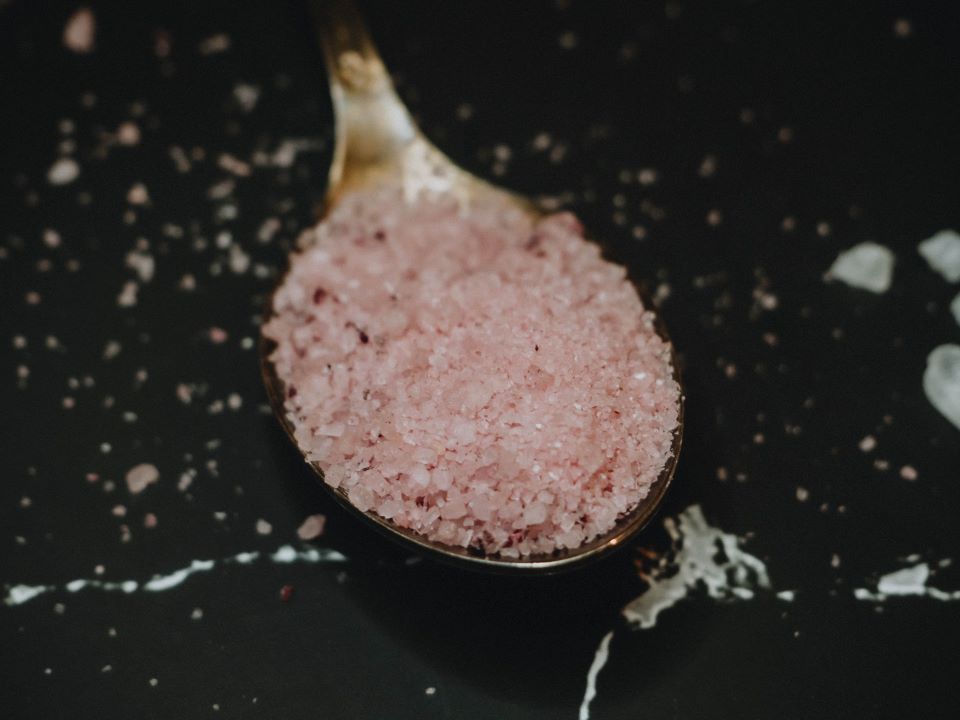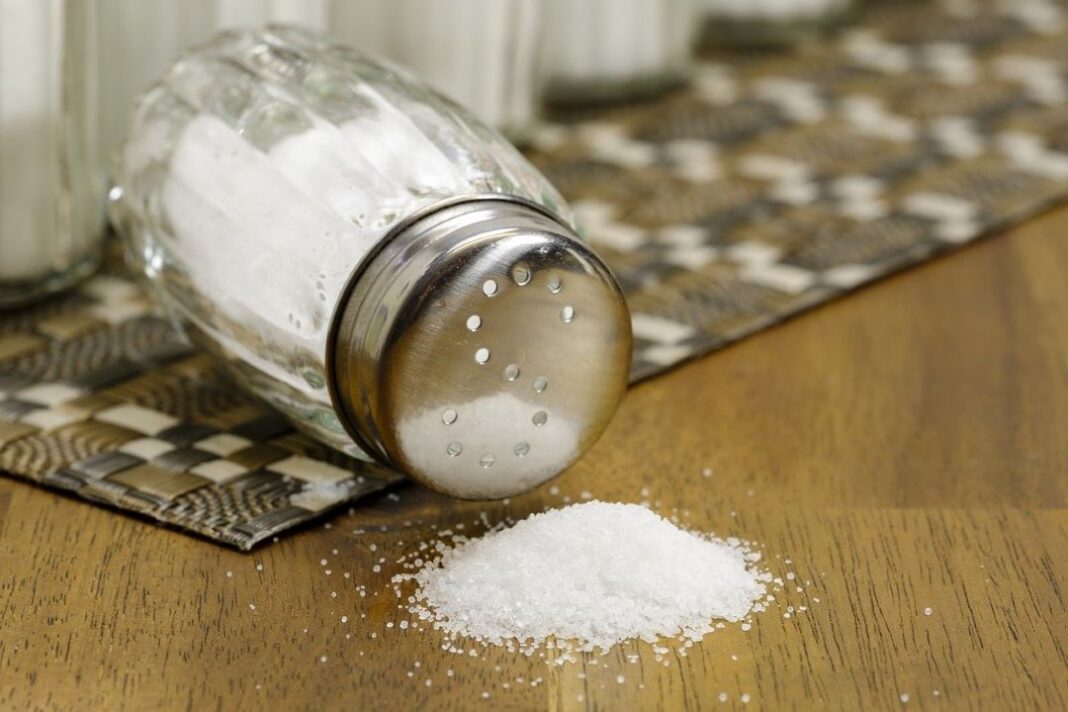The health risks, such as high blood pressure, that excessive salting can bring are well known to the public. Larger amounts of salt can seriously upset the energy balance in immune cells and prevent them from functioning properly.
Excessive Salting
Although salt is essential for proper human development and function, excessive salting is associated with several health problems, including high blood pressure, a higher risk of stroke and heart attack, osteoporosis, stomach cancer, and kidney disease.

The recommended dose of salt is 5 g for an adult person. But some literally love foods with a strong salt taste. Experts warn that a dose of more than 7 grams of salt is risky for patients with high blood pressure.
Salt Effect on Immunity
Professor Markus Kleinewietfeld from Hasselt University in Belgium adds that excessive salting can adversely affect immunity, especially immune cells. Their team has previously found that high levels of salt in the blood mainly affect monocytes, which play an important role in the human immune system. For example, phagocytes are formed from them, i.e., cells that in the first line of immunity face foreign substances and organisms in the human body.

The researchers found in experiments that when these immune cells were exposed to higher salt concentrations for several hours, they produced less energy in the form of ATP molecules, which serve as molecular fuel in the cells. The production of these energy molecules takes place in the mitochondria, where an excessive salt concentration also acts.
“Salty” immune cells have fewer ATP molecules, are “tired,” and monocytes are affected by abnormally looking phagocytes, which then cause problems in the immune system, from exaggerated inflammation to autoimmune disease.
Source: https://www.mdc-berlin.de/news/press/too-much-salt-suppresses-phagocytes
Featured photo by Anastasia Zhenina on Unsplash















